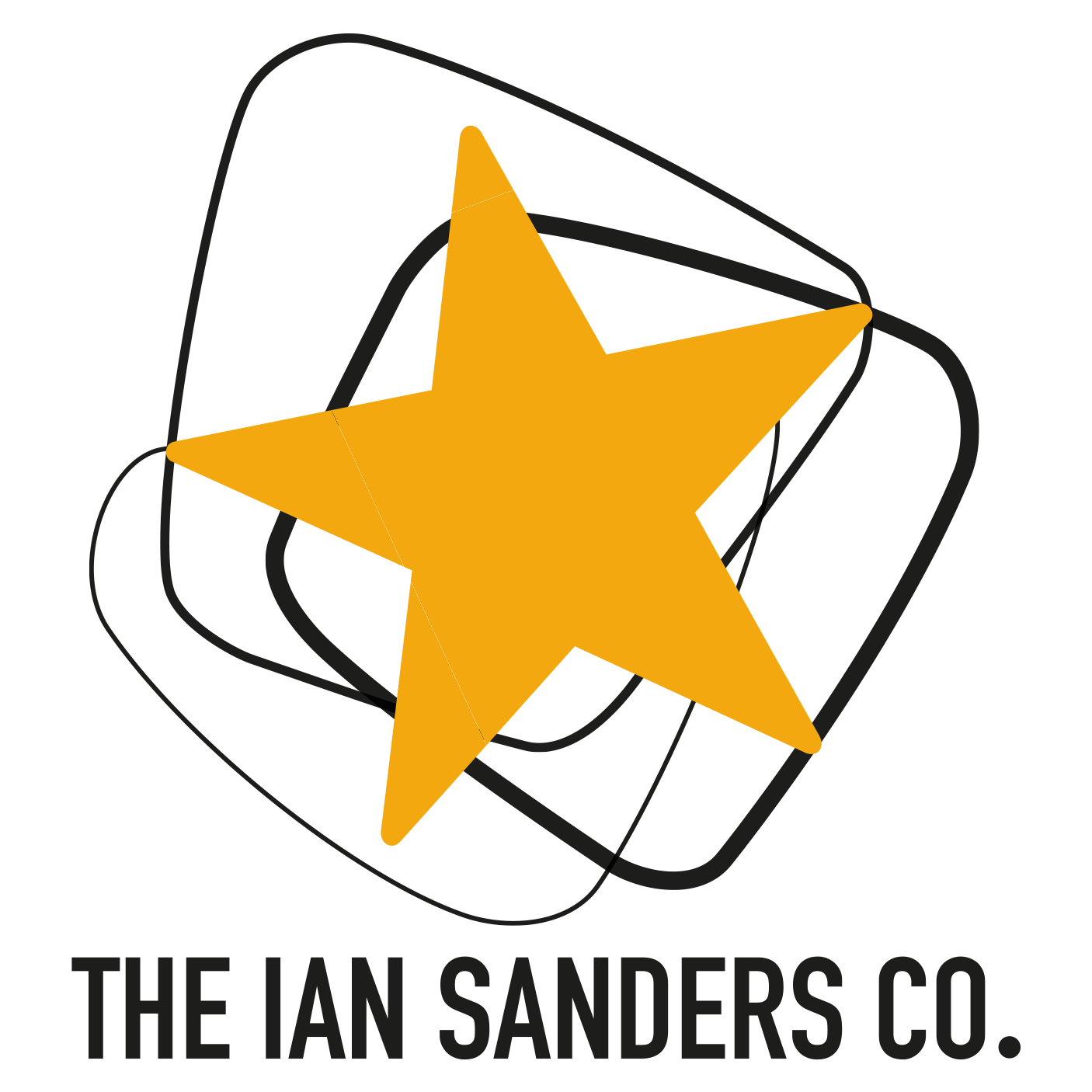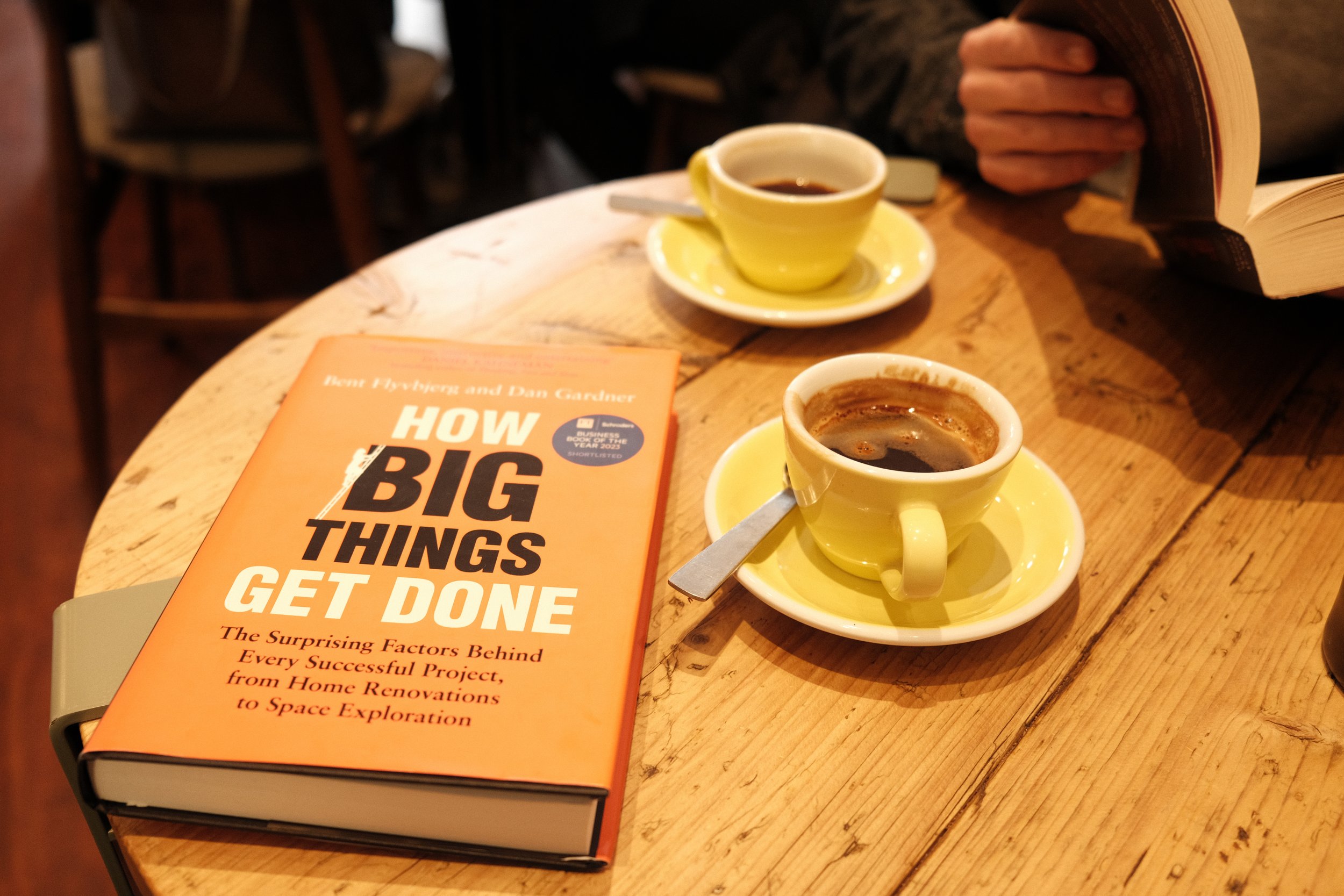Think first, then do - the right way to get a project done
A few years ago I was asked to facilitate a strategy day for the senior leadership team at a bank. While putting together my proposal, I knew that good preparation was vital. So I factored in a number of days for planning. I had separate meetings with the CEO and the Chair to gauge their expectations. I also spent time recce-ing venues and choosing the right location. The session itself was going to take place during just one day, but I spent five days planning.
Why did I spend so long planning?
Because I know that preparation and session design is as important as the role you do on the day.
So when I get asked to run my Storytelling for Leaders training programme, I spend a lot of time building the session. It’s very iterative. I start with a sharpie and coloured card, and play around with elements on paper before I start building a running order. Moving ideas around, ditching elements, adding new ones. And repeat!
I was reminded of the importance of project planning in Bent Flyvbjerg and Dan Gardner’s excellent book ‘How Big Things Get Done.’ The authors capture their findings with this snappy one-liner: ‘think first, then do.’
They agree that it’s important to take your time in the planning stage. Planning requires thinking - and creative, critical, careful thinking is slow. Most planning can be done with computers, paper and physical models and is relatively cheap and safe. They cite the example of Pixar where directors are allowed to spend years in the development of a movie. There are costs associated with exploring ideas and writing scripts but the cost of iterations at this stage are relatively low. When the project moves into production, it should be smooth and quick. Because if amends need to be made during production, that’s where costs can explode.
I’m not producing an animated movie or building a huge infrastructure project, like the many other examples referenced in Flyvbjerg and Gardner’s book. But my projects matter. My clients’ experience matters - in the lessons they take away and the manner in which it’s delivered. It’s partly about respect - respecting those on the receiving end; respecting myself and doing the best job possible. The time spent in design and build, in the planning and preparation informs the programme’s success as much as me turning up on the day and being an energised and engaged trainer or facilitator.


